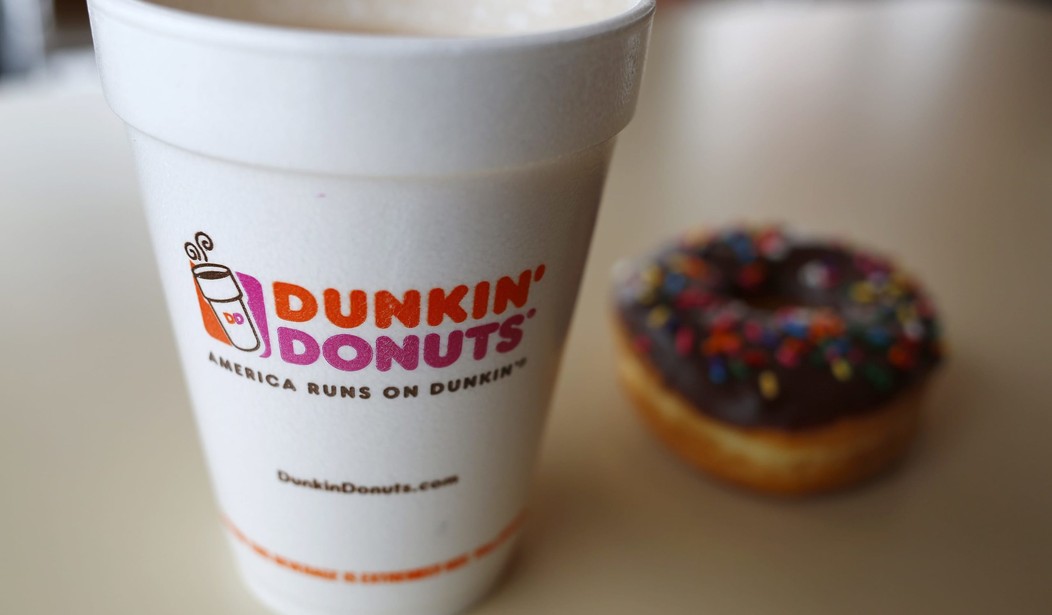This week, the San Francisco Board of Supervisors unanimously voted to outlaw a whole host of commonly used foam products, such as polystyrene food packaging, packing peanuts, to-go containers, coffee cups, and pool toys.
The bill’s sponsors argued that since these foam products are not biodegradable, pollute waterways, and can harm animal life, this is a victory for the environment. If so, it is even more a defeat for the convenience of everyone in the Bay area.
For most products the ban will take effect on January 1, 2017, giving businesses a mere six months to get their styrofoam affairs in order. Meat and fish trays are safe until July 1, 2017.
This is a victory for the California Grocers Association, which asked the department for a waiver to keep using polystyrene for meat and fish packaging. “Our request is the city allows grocers substantial time to identify food-packaging options that are safe and reliable as well as acceptable to the city,” spokesman Dave Heylen told the San Francisco Chronicle. Why did they get a deferral for the ban? Your government cronyism at work!
Ironically, while the products included in the ban are often referred to as “Styrofoam,” the ban does not apply to trademarked Styrofoam products, more frequently used for insulation and construction materials and some craft products.
The ban is most likely to hit small businesses hard. A similar ban which went into effect in January in Washington, D.C. has allegedly cost local businesses a great deal. Juan Loyola, the owner of a Peruvian joint called Pollo Granjero, compared the price of a foam cup to that of a paper replacement.
“You’re aware the price is twice as much?” Loyola told the Washington City Paper. He said the foam cups cost $28 per thousand, while a thousand paper cups cost $60. That may not seem like a lot, but businesses run on the margin, and every increasing cost weakens their competitiveness.
Foam bans have been enacted across the country. New York City briefly implemented a ban last year, but the ban was overturned in favor of a plan to ensure the products could be recycled. A judge argued the city disregarded evidence that it could save $400,000 per year by recycling instead of banning the foam products.
There are many other policy options besides a blanket ban on foam products which could encourage businesses to search for more environmentally friendly options. Local governments could provide tax cuts for such innovative businesses, or encourage research into alternatives through grants to colleges and universities.
Many businesses have shifted to biodegradable cups, bowls, and plasticwear on their own, showing that customers and businesses in a free market can think for themselves and are free to promote the values some local governments wish to force by fiat.









Join the conversation as a VIP Member